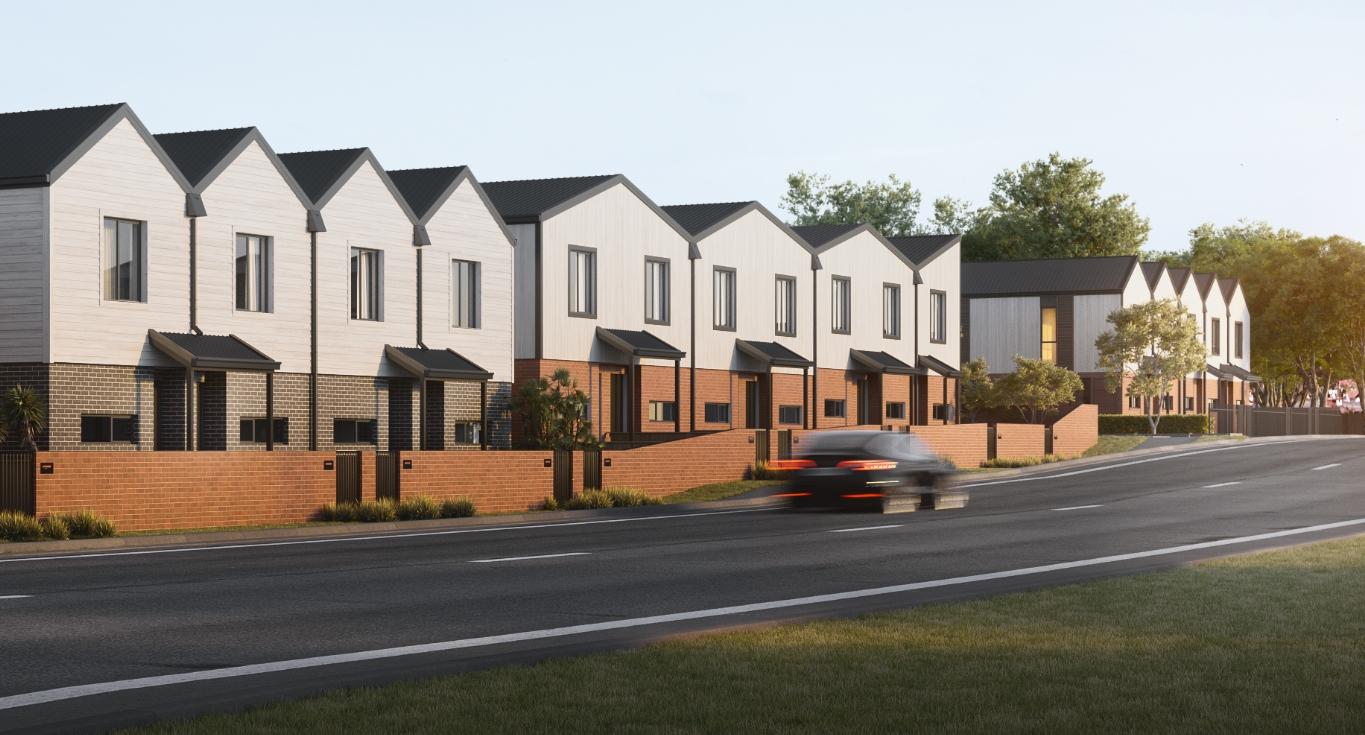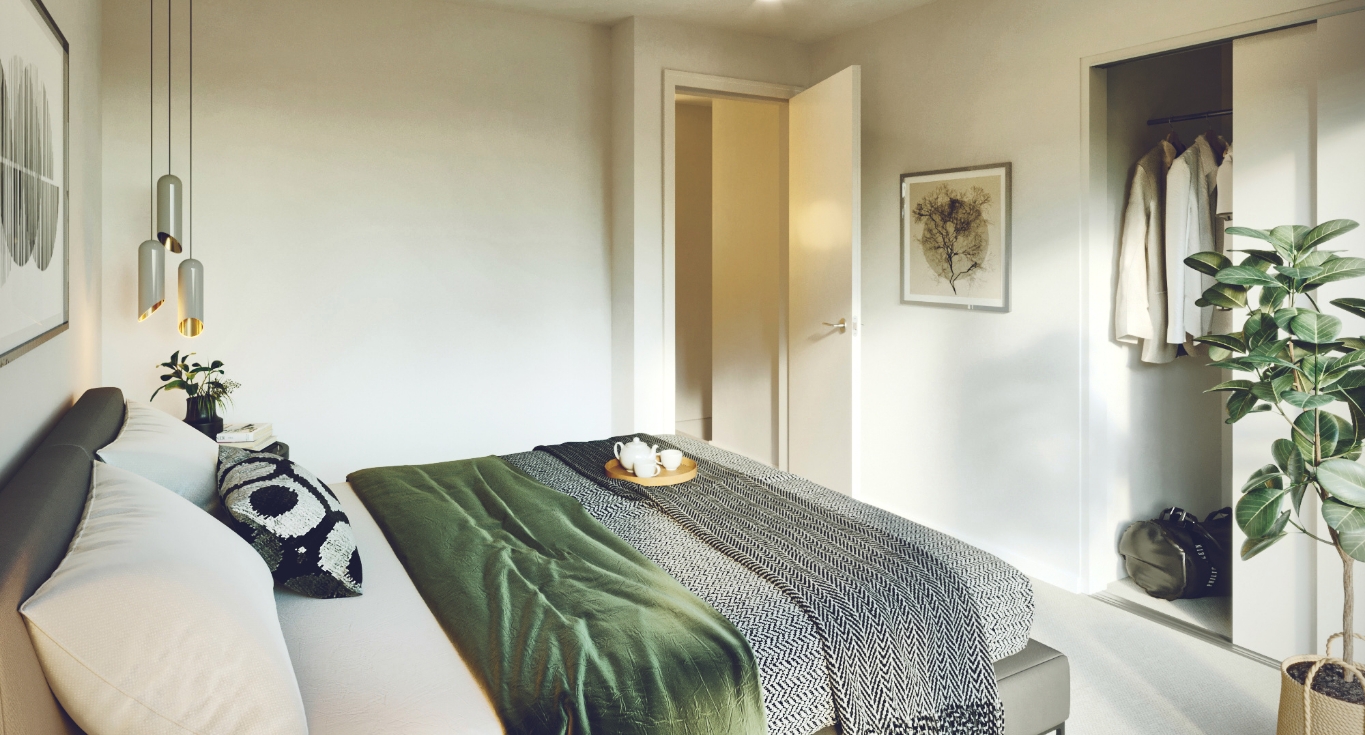Changing tax treatment for new builds and second-hand property

Interest deductibility
What is interest deductibility?
Interest deductibility is the mortgage interest you can deduct from your rental income when it comes time to work out how much tax you must pay. This area of accounting can get complex so it’s a good idea to work with a professional.
The previous government removed interest deductibility for second-hand properties held for investment to incentivise investors to purchase a new home, increasing the rental stock and providing more homes for renters. The thinking behind this, was that the more investors who buy new homes, meant that more developers would build them.
With less interest able to be deducted on second-hand property, these landlords would have more tax to pay. Our view at DUVAL Property Group is that this was implemented to make it financially difficult for investors in second hand property to retain their property and to skew the tax system to encourage them to sell so that their older property would be recycled into the market and available for home buyers.
So, while things were financially tougher for property investors who owned second-hand homes, you could still deduct 100% of your interest bill for an investment property qualified as a “new build” if the property was completed on or after 27 March 2020.

So, what's changed with the new government?
Well not much immediately. From the 1st of April 2024, you still can’t deduct 20% of your interest cost from your taxable income. In real terms assuming a 7% interest rate on a $600,000 mortgage, your interest bill will be $42,000 and that means you are left with $8,400 of interest which is still not deductible. Ouch!
If you wait another year to buy a second-hand property, from the 1st of April 2025, full interest deductibility is returned and the tax treatment for interest deductibility is the same for a new build or a second-hand property. This gives you only 20 months of certainty as a second-hand home investor before the expected date of the next general election which is expected in December 2026.
How much do you trust the politicians of tomorrow?
For most of the investors we come across, they prefer certainty of tax treatment for new builds. One thing we can be confident of is that we will have another Labour government at some point in the future and interest deductibility will likely become a hot topic again. Our view is that this presents a substantial future risk for investors in second-hand property, as no one wants to rely on the politicians of tomorrow when it comes to their financial future.

Have a good accountant
As a property investor it is important that you have a good accountant, especially if you are starting out on your property investment journey. While it makes sense to invest in new build property to avoid the political hot potato of interest deductibility, it is also important to ensure that you properly calculate what else you can legally deduct to minimise your tax. With a new build or second-hand property, you can deduct your body corporate costs, the rates for the property along with payments to property managers who collect rent, maintain your rental, or find tenants for you. Fees paid to your accountant for managing accounts, preparing tax returns and advice are also tax deductible and so are your legal fees as it relates to buying the property.
Depreciation chattels and furniture
What is depreciation?
Depreciation is what happens when an asset loses value over time. A carpet for instance, gradually depreciates from its original purchase price down to $0 as it moves through its productive life.
There are techniques for measuring the declining value of assets and showing it in your financial statements. This area of accounting can get complex so it’s a good idea to work with a professional.
While you haven’t been able to depreciate residential investment property since 2011, you are still able to depreciate the investment properties chattels. This is sometimes overlooked by property investors, yet we believe it is an important deduction to legally minimise your tax. The difficult part for second hand property is establishing a value of the chattels which is why having the chattels valued is essential. It is a lot simpler with a new property, although we recommend that having a specialist undertake a chattels valuation gives you peace of mind. With a brand-new home, the chattels value will likely be higher than for a second-hand property and therefore you are often able to make larger deductions to reduce your tax.
The same thing applies for furniture in your investment property. New builds often have the option for you to purchase a furniture pack and the value of this can often be provided by the developer and is able to be depreciated. We do this for all property investors who purchase a DUVAL home.
Future landlord
Our view is that it is important to consider the above, even if you are looking at buying a property as your home. Often home buyers choose to start their investment journey by keeping their home and renting it out when they move to their next home. Ensuring that you have “future proofed” for tax as much as you can is a sensible option.
None of the above is tax, accounting, legal or financial advice and is provided for general information purposes and is an opinion piece. We believe that having the right professional team able to advise you as a property investor is fundamental to your long-term success. Please get the right advice.